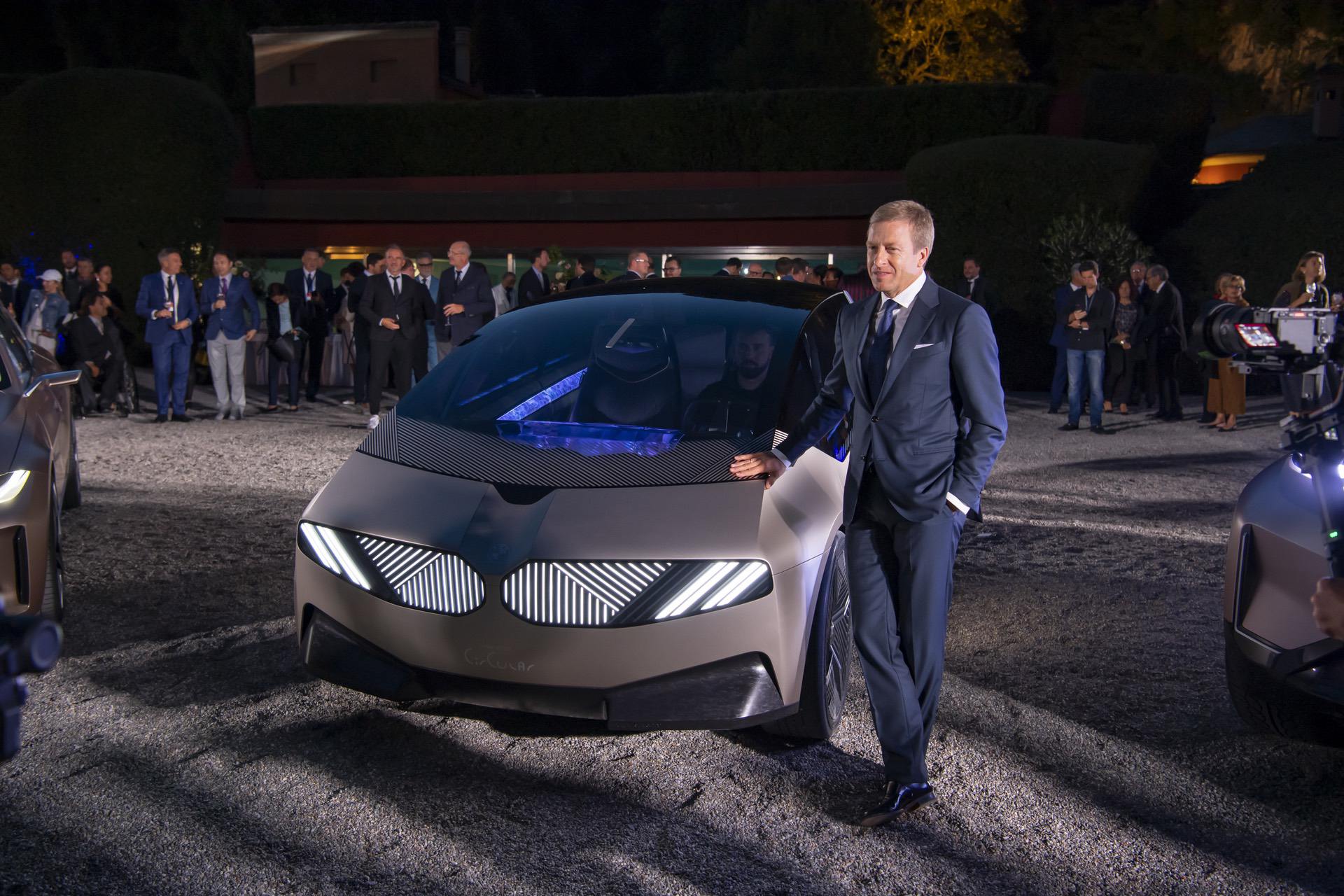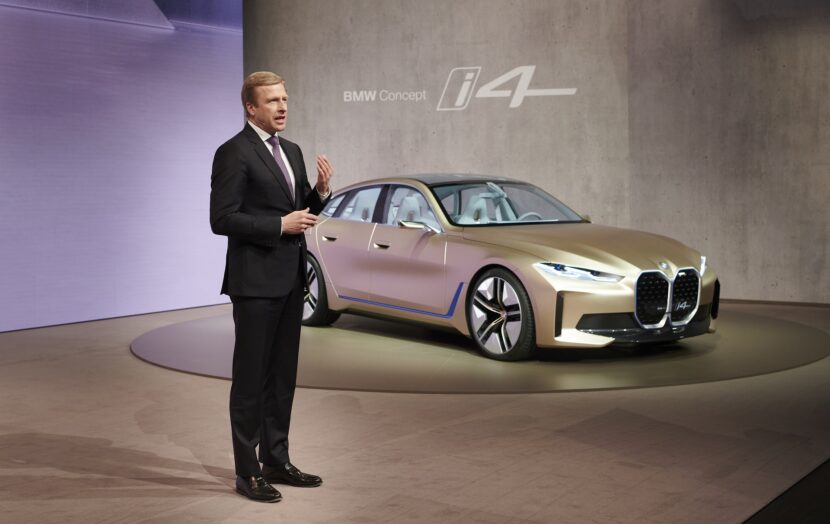BMW has been vocal about how tariffs in the European Union on Chinese-built electric vehicles could do more harm than good. It’s been signaling alarms of a potential trade conflict that would ultimately hurt legacy automakers active in China. In May, CEO Oliver Zipse described the tariffs as “shooting yourself in the foot,” adding they’re “shadowy protective functions that essentially harm ourselves.”
This week, Germany was one of the few countries that voted against Chinese EV tariffs. The others were Hungary, Malta, Slovakia, and Slovenia. BMW’s boss said that voting for tariffs as high as 45% is a “fatal signal for the European automotive industry.” Zipse wants the EU to negotiate a settlement with China.
Discussions are not over as negotiations will continue, but ten countries voted in favor of applying tariffs: Bulgaria, Denmark, Estonia, France, Ireland, Italy, Latvia, Lithuania, Netherlands, and Poland. During the vote, even more countries chose to abstain: Austria, Belgium, Croatia, Cyprus, Czech Republic, Finland, Greece, Luxembourg, Portugal, Romania, Spain, and Sweden.
Even so, Zipse is confident that Germany’s decision to vote against the EV tariffs increases the chances of reaching a settlement. The 60-year-old executive wants a “quick settlement between the EU Commission and China to prevent a trade conflict from which no one gains.”
As a refresher, BMW makes the iX3 in China and exports the electric crossover to global markets. Production of the “G08” will come to an end in the second quarter of 2025. The electric MINI Cooper 3-Door hatchback and Aceman subcompact crossover are also built in China. However, both EVs will enter production in Oxford, UK in 2026. It means that even if the EU decides to impose higher tariffs, these would impact MINI only temporarily.
But the problem is much bigger than that. China is the largest single market for BMW. The luxury brand sold 376,353 cars in the first half of last year in the People’s Republic. That’s roughly three times more than it did at home in Germany. Not only that, but BMW sold double the amount in China compared to the United States. If the EU imposes high tariffs, China is likely to retaliate, which could ultimately harm BMW’s operations in China.
The tariffs won’t be implemented until the end of the month at the earliest. In the meantime, the EU and China will continue their negotiations.
Source: Reuters






































































